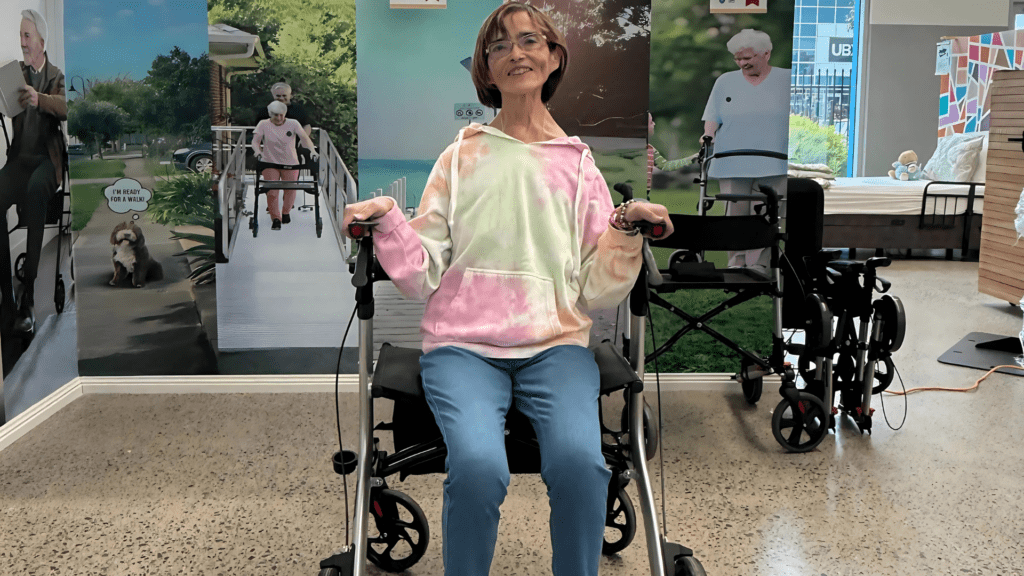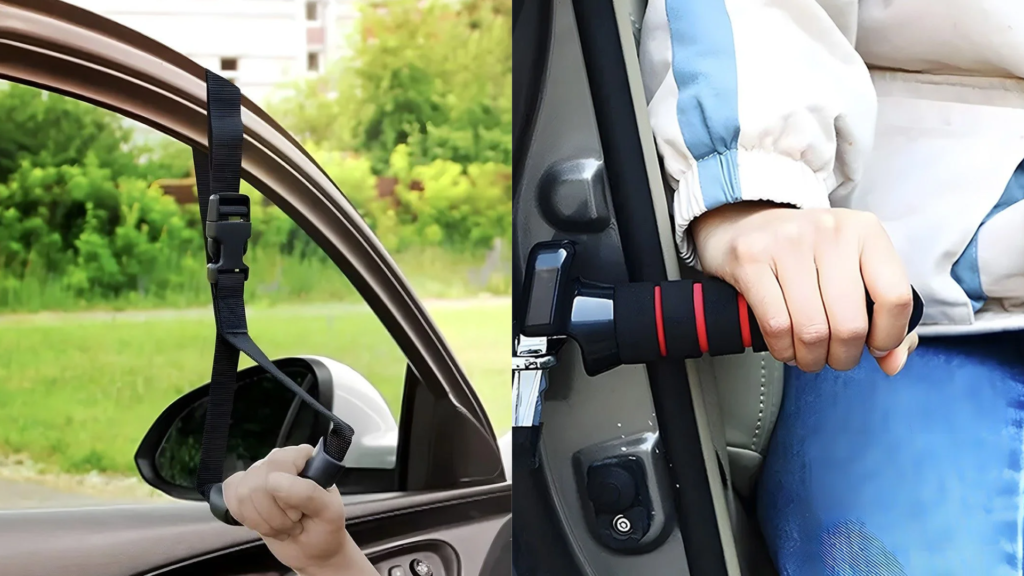Why Choosing the Right Walker Matters
For seniors and NDIS participants, selecting the right walkers for seniors can significantly impact mobility, independence, and safety. Walkers assist with balance, reduce fall risks, and improve confidence when moving indoors or outdoors.
At Care With Us, we offer a variety of walkers and rollators designed to meet different mobility needs, whether for home use, aged care facilities, or NDIS-supported programs.
Standard Walkers: Features, Benefits, and Ideal Users
Standard walkers are simple, sturdy frames without wheels or with small glides. They provide maximum stability, making them ideal for seniors who require firm support while walking.
Key Benefits:- Strong support for balance and weight-bearing
- Lightweight and easy to lift over obstacles
- Compatible with a variety of accessories, including walker bags and seats
- Seniors with limited mobility or strength
- Individuals recovering from surgery or injury
- Those requiring steady support on uneven surfaces
Rollators: Features, Benefits, and Ideal Users
Rollators are walkers with wheels (typically 2–4), brakes, and often a built-in seat for resting. They are suitable for more active seniors who want mobility with convenience.
Key Benefits:- Smooth, continuous movement without lifting the walker
- Built-in seat for short rests
- Storage options like underseat baskets or handlebar bags
- Seniors with good upper body strength and balance
- Active users who walk longer distances
- Those needing a combination of support and portability
Check our rollator range:
Key Differences Between Rollators and Standard Walkers
Mobility and Maneuverability
- Standard walkers require lifting for movement, suitable for slow, controlled mobility.
- Rollators glide smoothly, allowing faster movement and easier navigation of larger spaces.
Stability and Support
- Standard walkers offer maximum stability due to a fixed frame design.
- Rollators are stable but rely on user control of brakes, which may require more upper body strength.
Storage and Convenience
- Standard walkers can carry small clip-on pouches or add-on accessories.
- Rollators often include built-in storage, seats, and cup holders for added convenience.
Choosing the Right Option Based on Needs
When selecting a walker, consider the following:
- Home environment: tight spaces may favour standard walkers.
- User strength and balance: ensure safe rollator use.
- Mobility goals: consider outdoor walking or longer distances.
- NDIS funding and SWEP support: available for eligible seniors in Victoria.
All these factors help ensure the chosen walker supports safety, independence, and daily mobility.
Tips for Seniors and Carers
- Always adjust walker height so elbows are slightly bent while standing upright.
- Ensure brakes on rollators are functional and tested regularly.
- Use walker accessories like bags and underseat baskets to improve convenience.
- Clean and inspect walkers periodically for wear, especially on glides and wheels.
Conclusion
Selecting the right walker for seniors is essential for safety, independence, and mobility. Standard walkers provide unmatched stability, while rollators offer convenience, mobility, and additional features. By evaluating user needs, home layout, and physical abilities, carers and allied health professionals can guide seniors to the most suitable option.
Browse our walkers and rollators or contact Care With Us for personalised guidance and home trial arrangements.
FAQs
- Are rollators safer than standard walkers?
Both are safe when used correctly. Standard walkers provide maximum stability, while rollators are safer for active users who can operate brakes effectively. - Can a senior switch between a standard walker and a rollator?
Yes, depending on mobility needs and strength, users can use either walker for different situations. - Do rollators work well indoors?
Yes, but check turning radius and size to ensure they fit hallways and rooms comfortably. - Are there foldable options for easier storage?
Both standard walkers and rollators are available in folding models, ideal for storage or transport. - Can NDIS funding cover walkers and rollators?
Eligible seniors may access NDIS walkers and rollators through funding support in Victoria, with guidance available from Care With Us.


